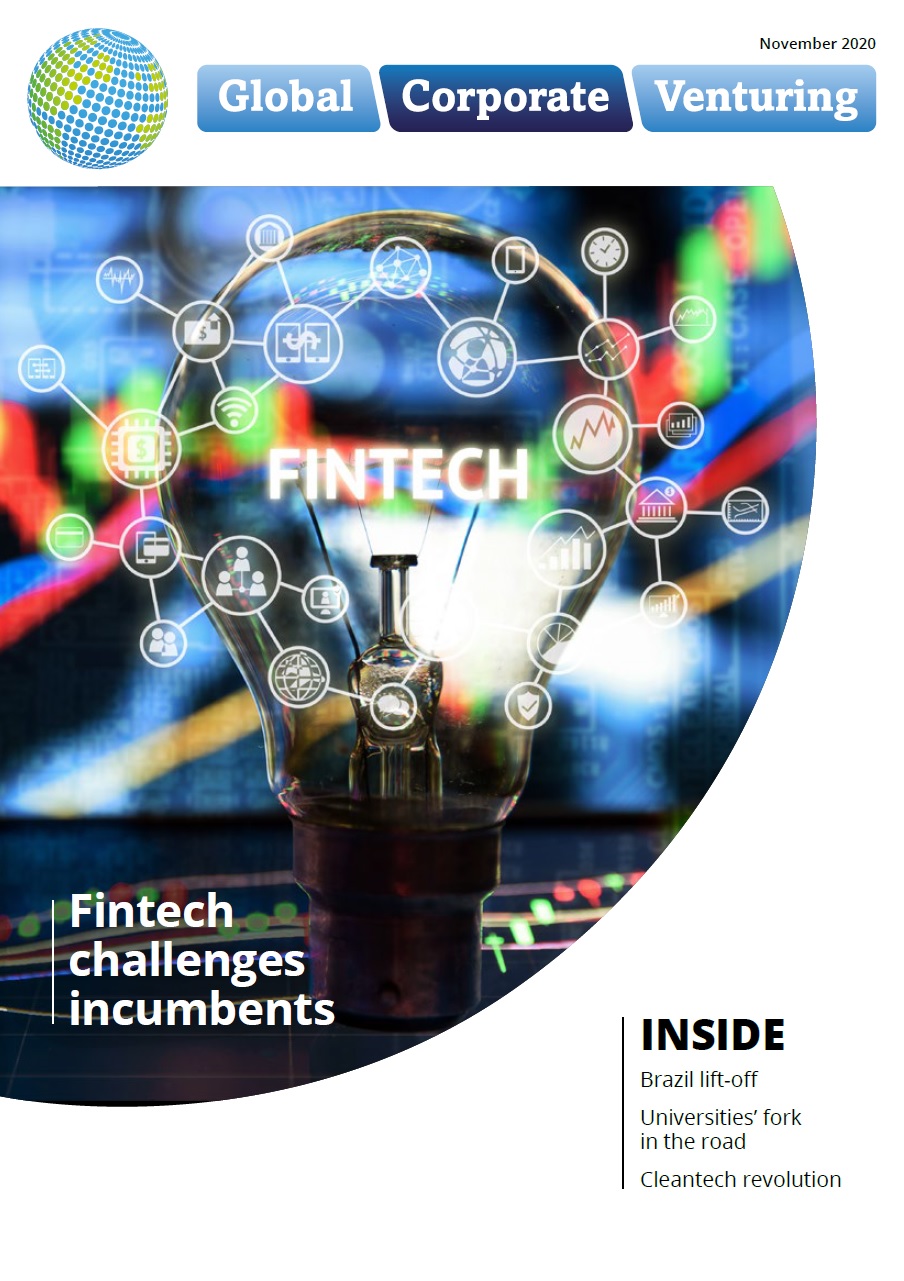Ant Group, the financial services subsidiary of China-based e-commerce group Alibaba, was due to raise a targeted $37bn in a dual listing in Shanghai and Hong Kong but the mega-initial public offering was unexpectedly blocked by an intervention from financial regulators in Beijing at the eleventh hour.
Ant Group, the financial services subsidiary of China-based e-commerce group Alibaba, was due to raise a targeted $37bn in a dual listing in Shanghai and Hong Kong but the mega-initial public offering was unexpectedly blocked by an intervention from financial regulators in Beijing at the eleventh hour.
Jack Ma, the founder of Alibaba had to meet regulators in connection with a draft regulation which may substantially impact Ant’s business model. In reaction to the news, Alibaba’s share price was slashed by around 10%, which may have swiftly erased an estimated $3bn of Ma’s total net worth at least in the short term, according to Bloomberg News.
The offering is delayed and no one knows for how long. According to the Financial Times, legal professionals involved in the listing stated Ant would need to respond to regulators’ demands and prepare a new IPO prospectus in Hong Kong, which could take at least six months. Some investors in the IPO were optimistic the red tape issues involved might be sorted out quicker.
A delay for such a potentially lucrative exit is never a positive thanks to the time value of money, but the more important question is to what extent the regulation will impact Ant’s valuation. This is highly uncertain, as it is still a draft regulation and no one knows how much of it and to what extent it will be enacted.
The regulation is due to set new rules for online lending, which accounts for nearly 40% of Ant’s annual revenues, according to its prospectus. Online platforms would have to lend at least 30% of the value of their loans, while Ant funds only 2% of the total loans facilitated by its platform and banks provide the rest. The platform matches potential borrowers with banks and other lenders.
In addition, the size of loans would be capped at the lower of RMB300,000 ($44,843) or a third of the borrower’s annual salary. Some investors have expressed concerns that, if enacted, this regulation could halve Ant’s valuation.
Despite the regulatory rigamarole and its possible valuation consequences, Ant has blazed a trail in fintech for its home country and has also been an active player in the corporate venturing arena. Most notably Ant has participated in multibillion dollar rounds for ride hailing service provider Didi Chuxing, on-demand services company Ele.me and food delivery service Zomato – all consumer and retail-related business with many touchpoints with Ant’s payments core business activity.










